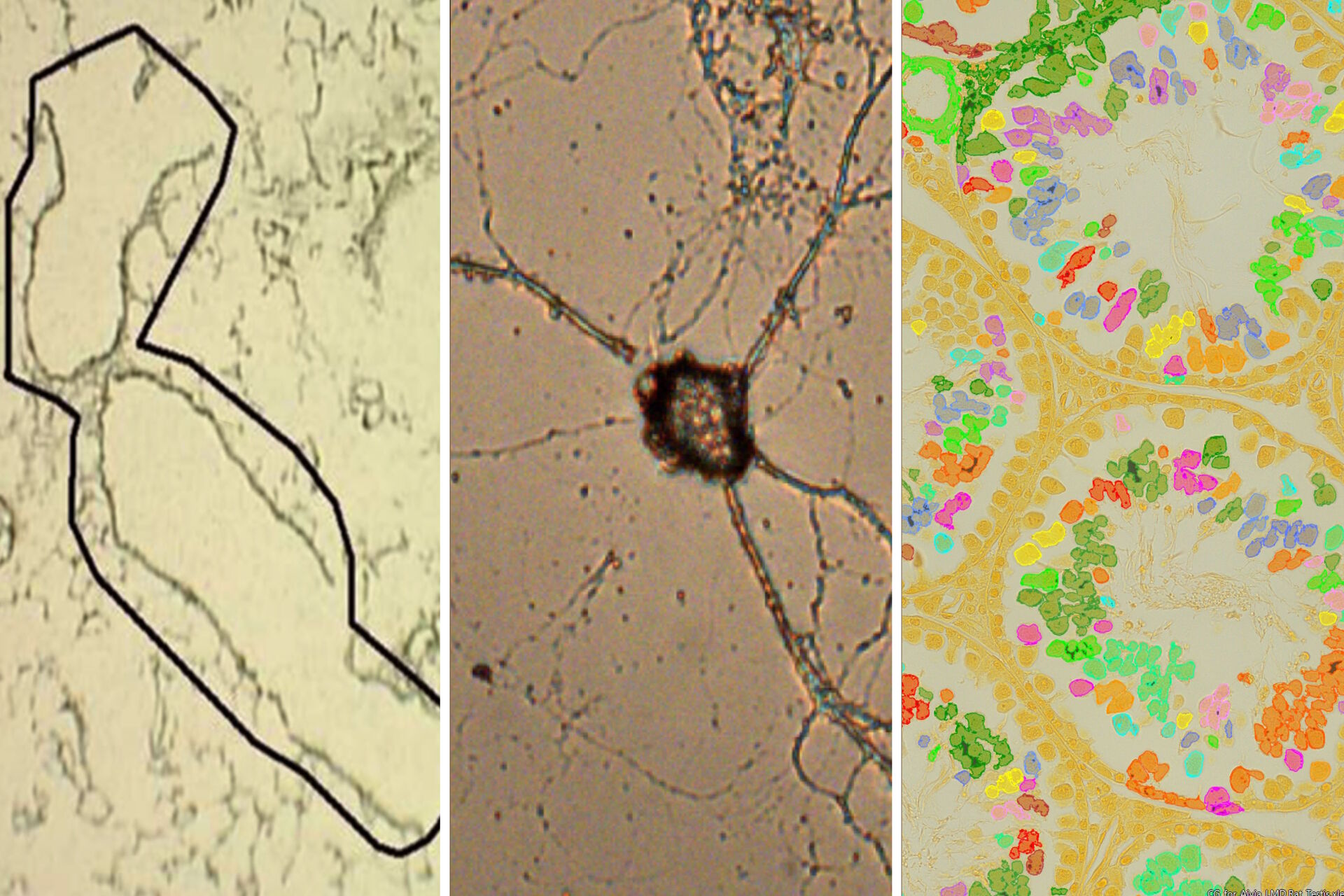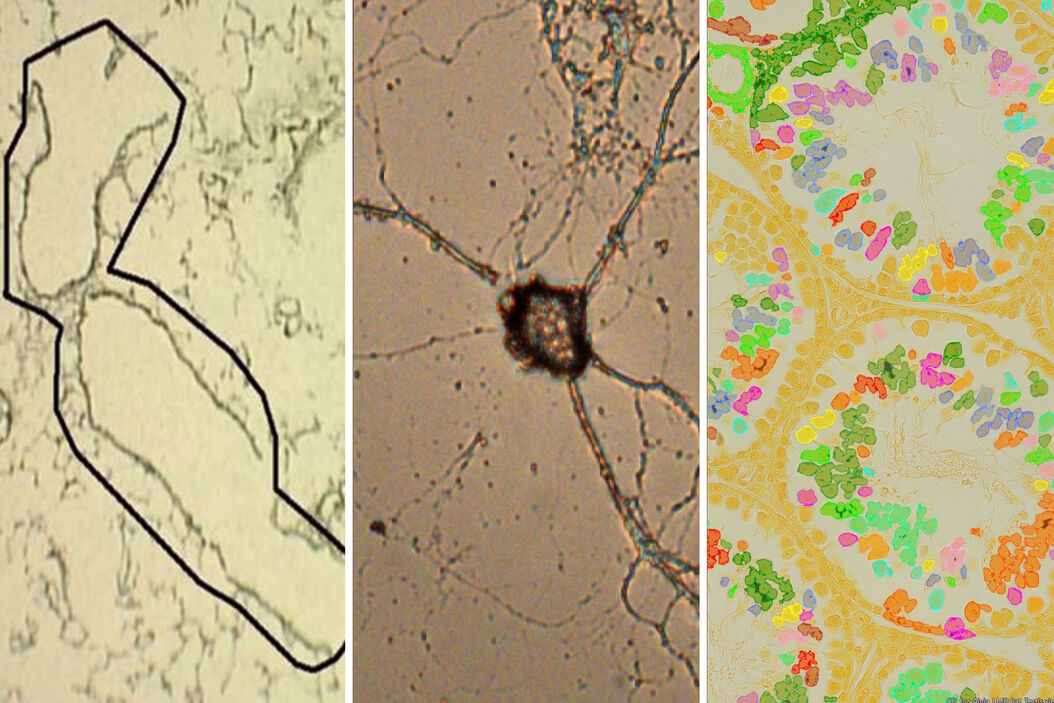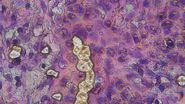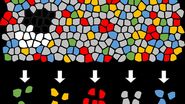About Laser Capture Microdissection
Since it was developed in 1976, LMD technology has been an important tool, enabling researchers to precisely extract specific cell populations from heterogenous tissues. This precision became increasingly crucial with the development of molecular analysis techniques such as PCR, facilitating in-depth genomic, transcriptomic, and proteomic studies at the cellular level.
About Bio-protocol
Established in 2011 by a group of postdoctoral researchers at Stanford University, Bio-protocol is an online peer-reviewed protocol journal. Its mission is to make life science research more efficient and reproducible by curating and hosting high quality, free access protocols. Bio-protocol journal has grown to approximately 5,000 protocols contributed by over 25,000 scientists worldwide. Bio-protocol editorial and reviewing boards consist mostly of postdocs and junior faculty members. These early-career life-science researchers, who actively and routinely design, conduct and supervise lab experiments, are well positioned to assess the quality and clarity of protocols.





